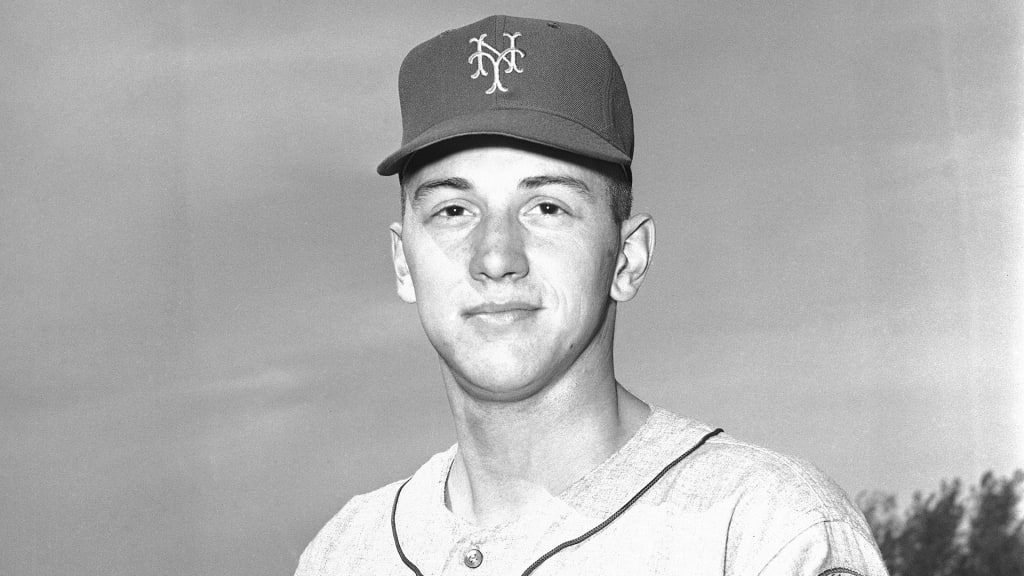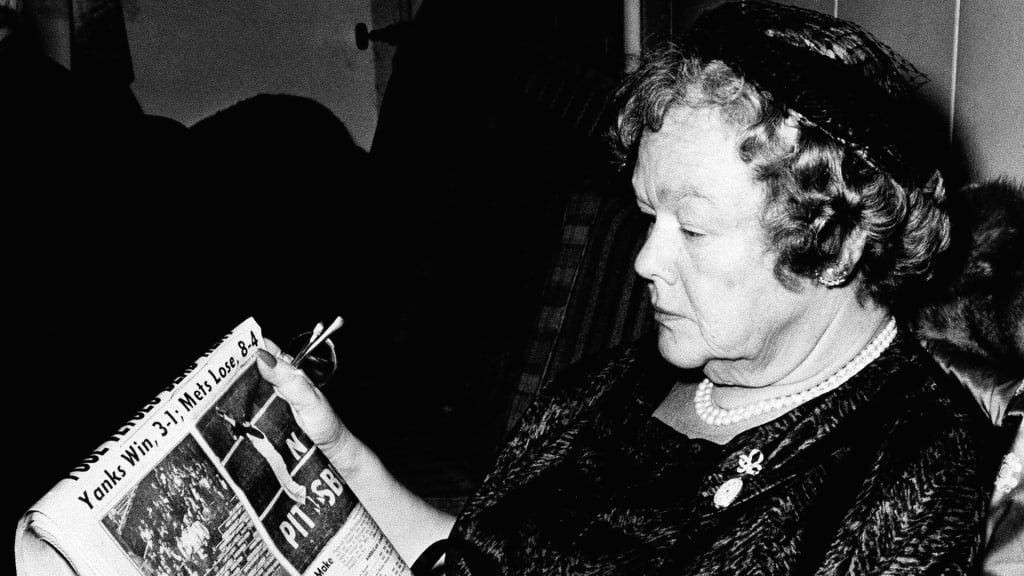
The 1962 season was largely forgettable for the Mets. It was their first season of existence, and they lost a record-setting 120 games. But 60 years ago, on April 23, 1962, the Mets won their first game in club history. It was a 9-1 victory over the Pirates at Forbes Field that came after the Mets lost their first nine games of the season.
Mets right-hander Jay Hook pitched a complete-game victory, allowing one run on five hits and a walk while striking out two batters.
“The game seems like yesterday, because I always get these phone calls [asking me about the game],” Hook said in a recent phone call. “I have a press release that came out with the box score of the game. It’s been interesting trying to relive it.”
It was an unexpected victory. The Pirates were two years removed from winning the World Series title over the mighty Yankees in 1960. Pittsburgh was also undefeated, winning its first 10 games of the ‘62 season. Most of the main players from the championship team were still there, like Roberto Clemente, Bill Mazeroski, Bill Virdon and Dick Groat.
According to Hook, the Mets didn’t have a specific game plan on that victorious day against Pittsburgh. They simply aimed to go out and play their best.
“They had such a good lineup, and Clemente was such a good hitter. He was one of the outstanding players when I was playing because he could run, he could field and he could hit,” Hook said.
It seemed like an easy victory for the Pirates entering the game. Hook was making his second start of the season and faced right-hander Tom Sturdivant, who was making his third start of the year. He was coming off a terrible start against the Cubs in which he allowed five runs, including two home runs, in one inning.
But the outing against the Mets was no different. Sturdivant lasted an inning-plus and again allowed five runs. Hook highlighted the scoring, singling off left-hander Diomedes Olivo in the second inning with the bases loaded and plating two runs, which were charged to Sturdivant.
Hook, who also scored two runs in the game, said he would not have been able to produce at the plate if not for hitting coach Rogers Hornsby, one of the greatest right-handed hitters in MLB history.
“I felt if I was a better hitter, I wouldn’t get taken out of games,” Hook said. “Back then, complete games were a big deal. [Hornsby] worked with me during Spring Training. Not only did I learn how to hit, but I learned drag bunting. It was Rogers’ help.”
All three of his Hook’s pitches -- fastball, changeup, curveball -- were working that day in Pittsburgh. Even the great Clemente was held hitless in four at-bats.
After the game ended, there wasn’t a celebration in the locker room. Hook did talk to the media for a lengthy period, while the players were waiting for him to get dressed so they could start heading to their next stop in Cincinnati. Hook kept the game ball and gave it back to the Mets in 1967. The ball is now in the Hall of Fame in Cooperstown, N.Y.
“Everybody was happy, of course,” Hook said. “We had a lot of sportswriters [covering the team] because there were a lot of papers back then. Most of the writers were young. The experienced writers covered the Yankees. [Manager] Casey Stengel said to me, ‘The reporters want to talk to you. Take as much time as you want. Don’t rush it.’ It took quite a while with the press.”
The Mets won only 39 more games the rest of the way. Hook won seven of those games, while losing 19 more. According to Hook, overall, it was a miserable season.
“The pitching wasn’t that great. The hitting wasn’t too good. There were a lot of plays that fielders didn’t get to. They would go down as base hits instead of errors,” Hook said. “It was just a combination. There was no one player. It was different guys doing things at different times. It was difficult after a while.”

The Mets might have lost a record-setting 120 games in 1962, but as Hook pointed out, a lot of those players turned out to be winners after their playing careers ended. Gil Hodges guided the Mets to their first World Series title in 1969; Richie Ashburn became a successful broadcaster with the Phillies; Roger Craig went on to be a successful pitching coach and manager; Marv Throneberry became a pitch man for beer commercials; Al Jackson became a respected baseball lifer, spending time as a pitching coach with the Red Sox.
“I use the statement, ‘A loss is not a defeat unless you quit trying.’ Even though we were the biggest losers [in professional baseball], guys didn’t get down and say, ‘Well, I’m terrible. They went on to other things,” Hook said.
